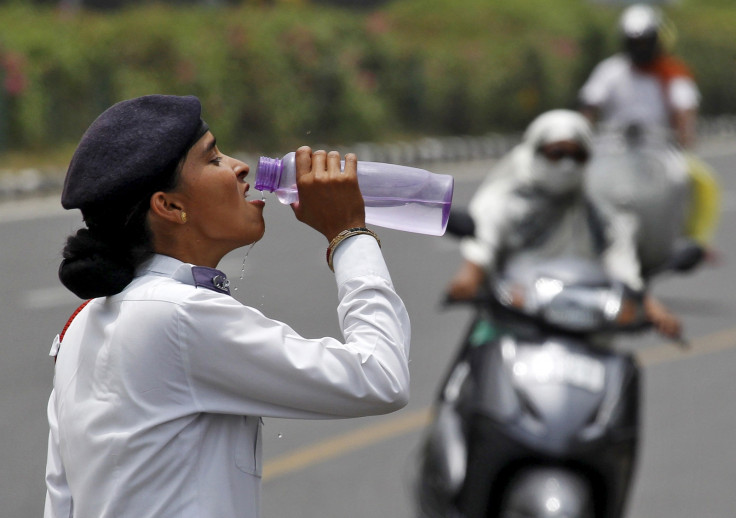India grapples with intense heatwave, mercury crosses 45 degree mark
India's weather department has issued a severe heatwave warning.
Several parts of India have been grappling with an intense heatwave as the country experiences one of the hottest summers in over a century. According to experts, the temperatures are only expected to rise during the next few days.
May and June are usually the hottest months in India, when temperatures range between 45ºC to 48ºC in many cities across western and north-western states. However, the average maximum temperatures recorded in the month of March this year were already the highest in 122 years.
Now India's weather department has issued a severe heatwave warning. The India Meteorological Department (IMD) forecast has said that the country will continue to see an increase in temperatures this week, according to a report in BBC.
The IMD forecast states that most parts of north-western and central India will see temperatures increase by 2-4C this week with "no large change thereafter." As many as 15 Indian states are currently affected by the heatwaves.
India's national capital saw temperatures crossing 45ºC. The weather department has said that it will get even hotter this weekend. Amid the unprecedented heatwave, parts of the country are also facing power cuts.
The power shortage is being dubbed as the worst electricity shortage in more than six years. States like Haryana, Uttar Pradesh, Andhra Pradesh, Bihar, Rajasthan, Punjab and Kerala have all been seeing frequent power cuts.
Heatwaves have managed to kill more than 6,500 people in India since 2010 and scientists claim that the situation is only expected to deteriorate. A United Nations report in 2021 had also warned that Earth's average temperature will hit the 1.5ºC threshold around 2030, a decade earlier than projected only three years ago.
Climate change is causing record-setting temperatures to become more frequent. Globally, the decade to 2019 was the hottest recorded, and the five hottest years have all occurred within the last five years.
A study conducted in 2014 had predicted that in just two decades, 50% of summers across the globe could be 'extreme' events. Experts warn that only transformative action in the next 10 years will help stave off far more cataclysmic impacts.

© Copyright IBTimes 2025. All rights reserved.






















